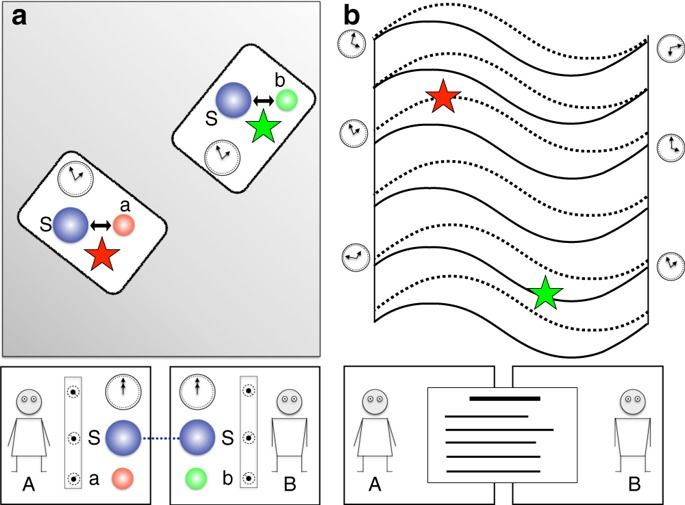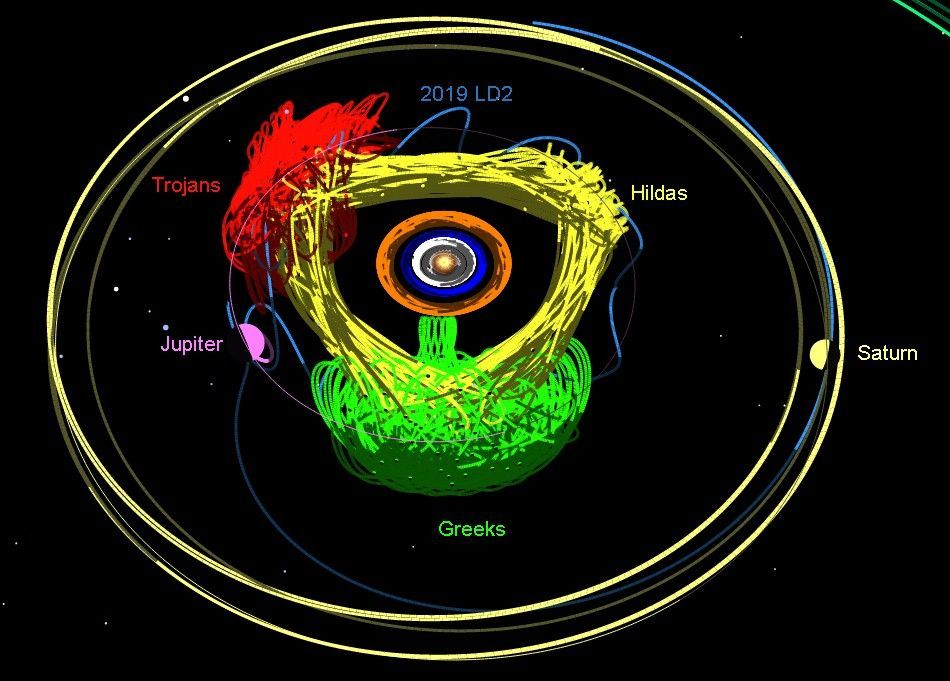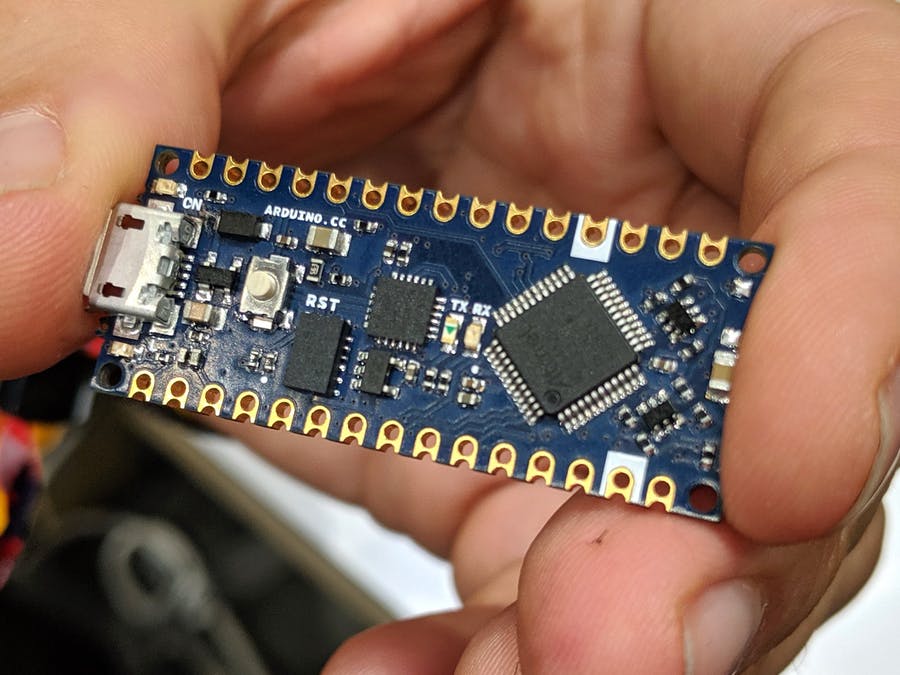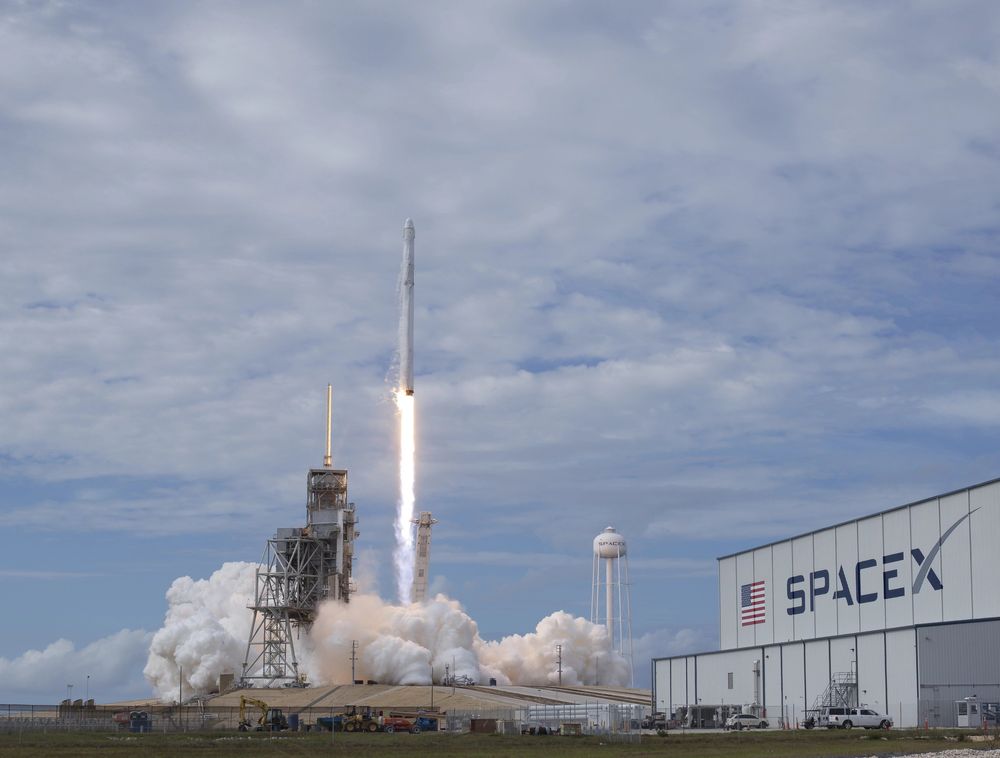The standard formulation of quantum theory relies on a fixed space-time metric determining the localisation and causal order of events. In general relativity, the metric is influenced by matter, and is expected to become indefinite when matter behaves quantum mechanically. Here, we develop a framework to operationally define events and their localisation with respect to a quantum clock reference frame, also in the presence of gravitating quantum systems. We find that, when clocks interact gravitationally, the time localisability of events becomes relative, depending on the reference frame. This relativity ia a signature of an indefinite metric, where events can occur in an indefinite causal order. Even if the metric is indefinite, for any event we can find a reference frame where local quantum operations take their standard unitary dilation form. This form is preserved when changing clock reference frames, yielding physics covariant with respect to quantum reference frame transformations.








